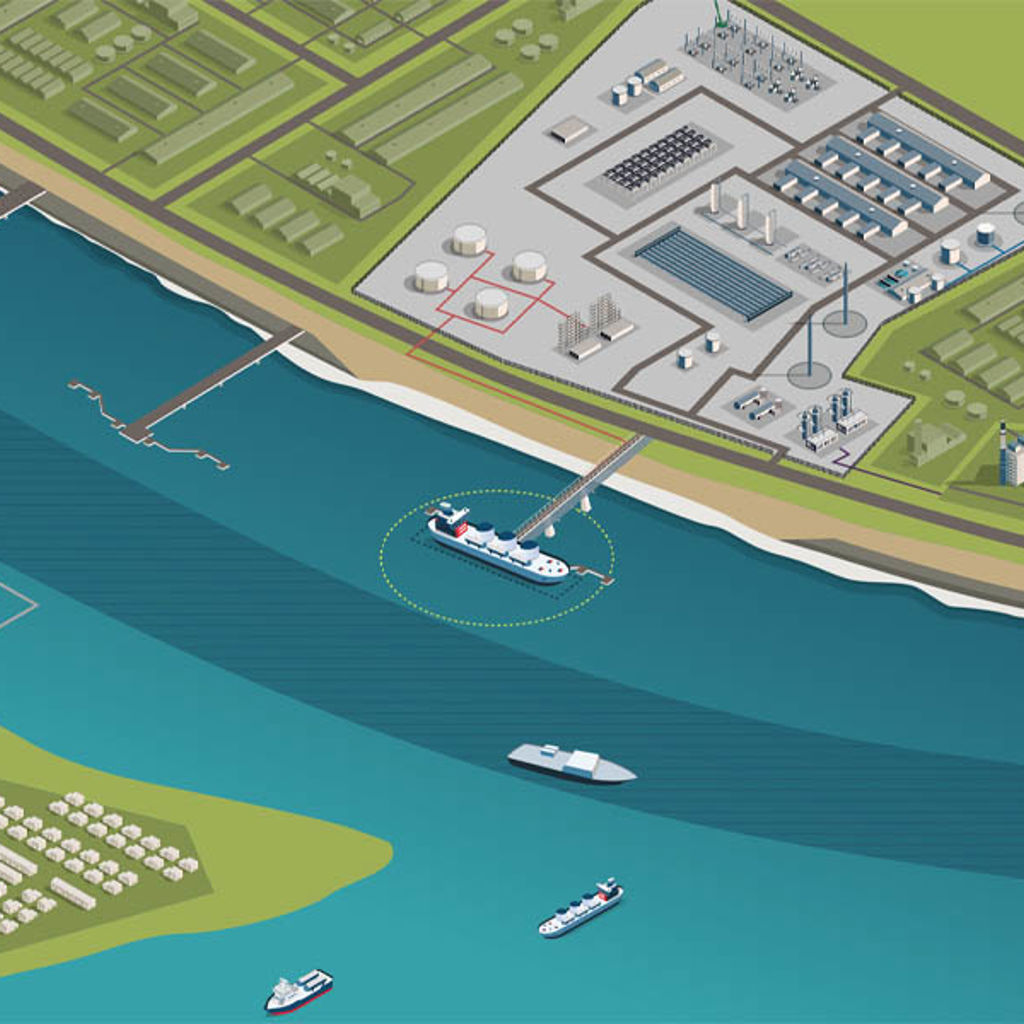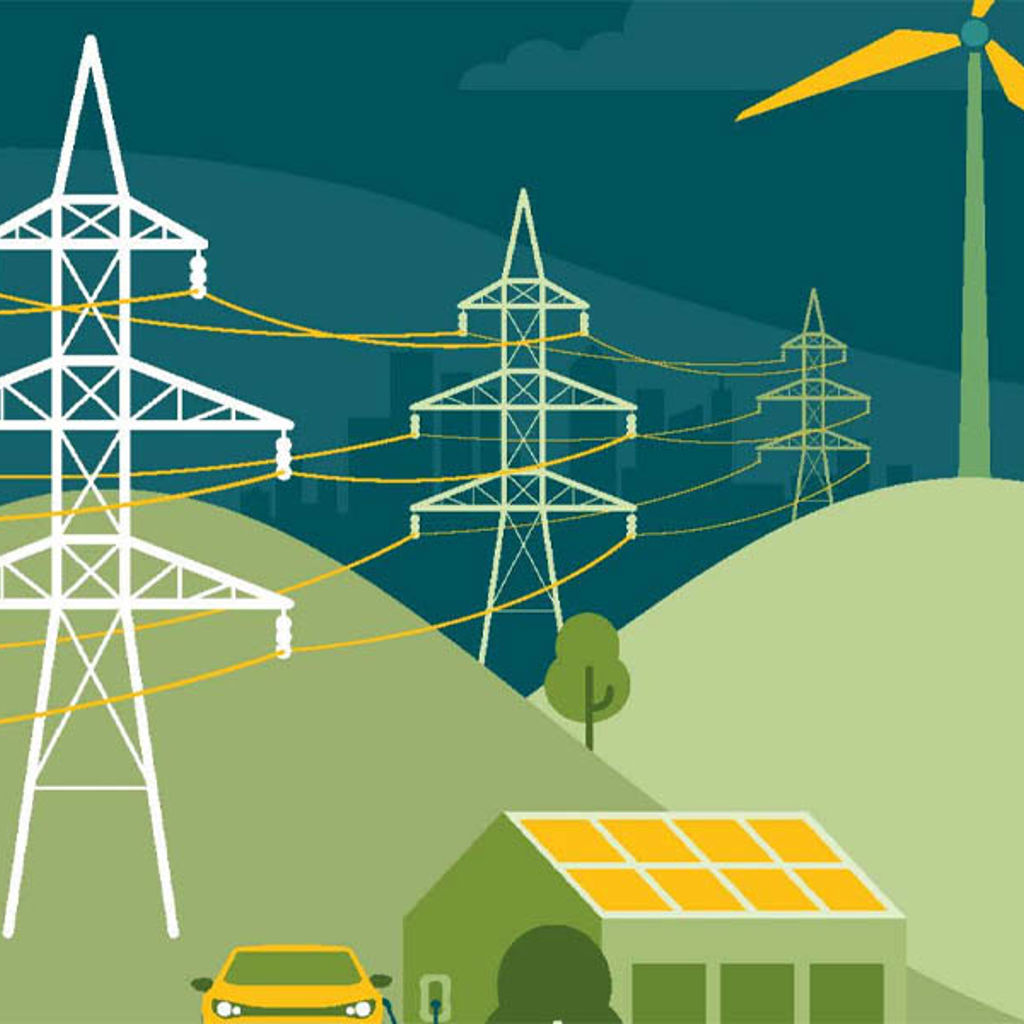The increasing impacts of climate change are putting resilience high on cities’ agendas, alongside ambitious targets for GHG emissions reductions. Deploying DRE services in cities - systems that generate and distribute energy independently of any centralised system - will help deliver both.
The global scale of the opportunity and need for DRE is enormous, yet the deployment of projects is far short of projections. Market rules and policy support are constraints in some cities, but there are also universal barriers that can be readily addressed to shape DRE opportunities into investable propositions.
Arup and R-Cities Network have published a report on catalysing distributed renewable energy in cities. Our report ‘A pathway for resilient recovery in cities’ focuses on the practical steps cities can take to turn their DRE opportunities into resilient infrastructure that creates benefits.
DRE can become the heart of a resilient, low-carbon energy system that provides a lifeline to better health and well-being, better jobs, better education, and a better quality of life – for all.





